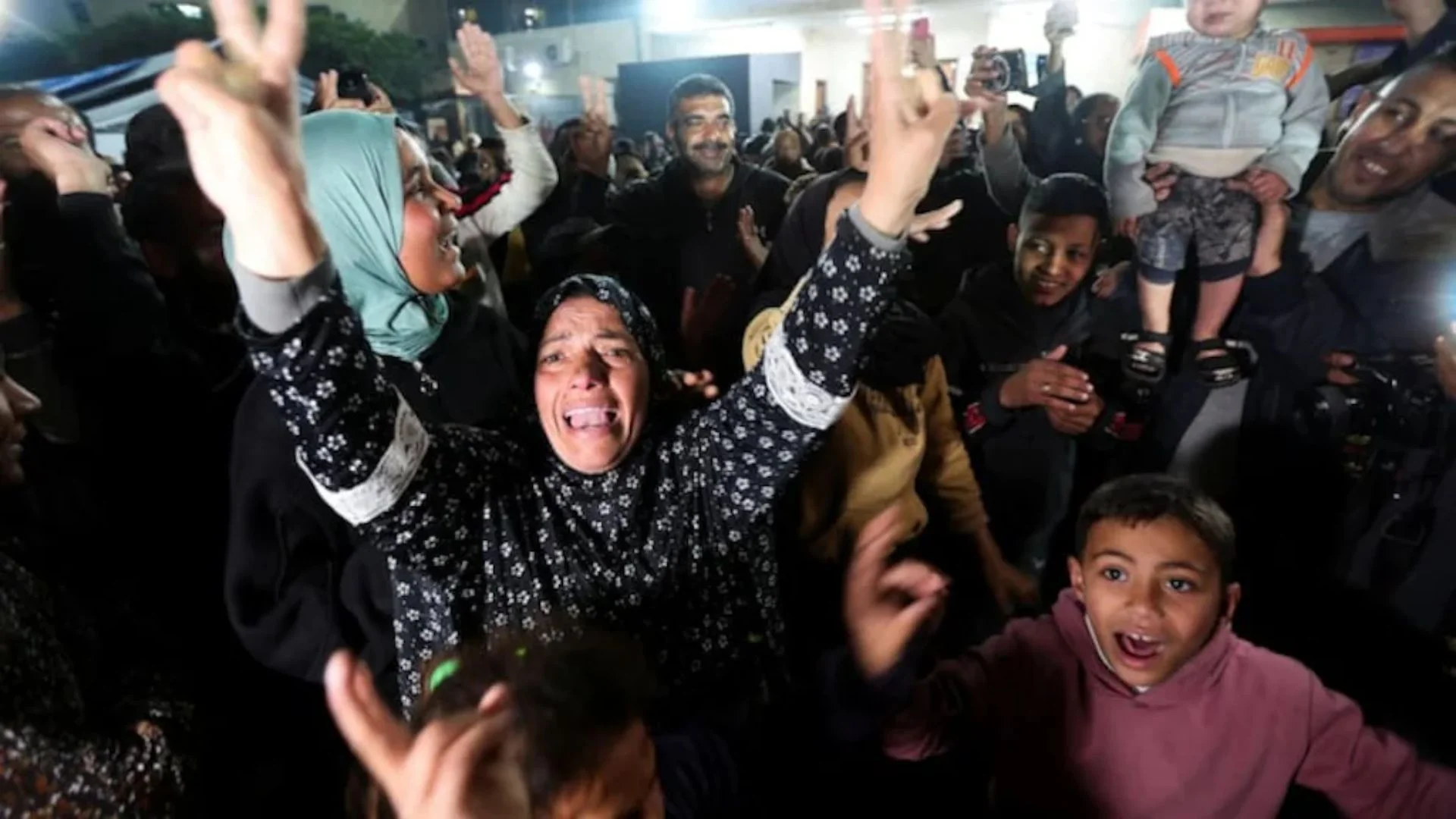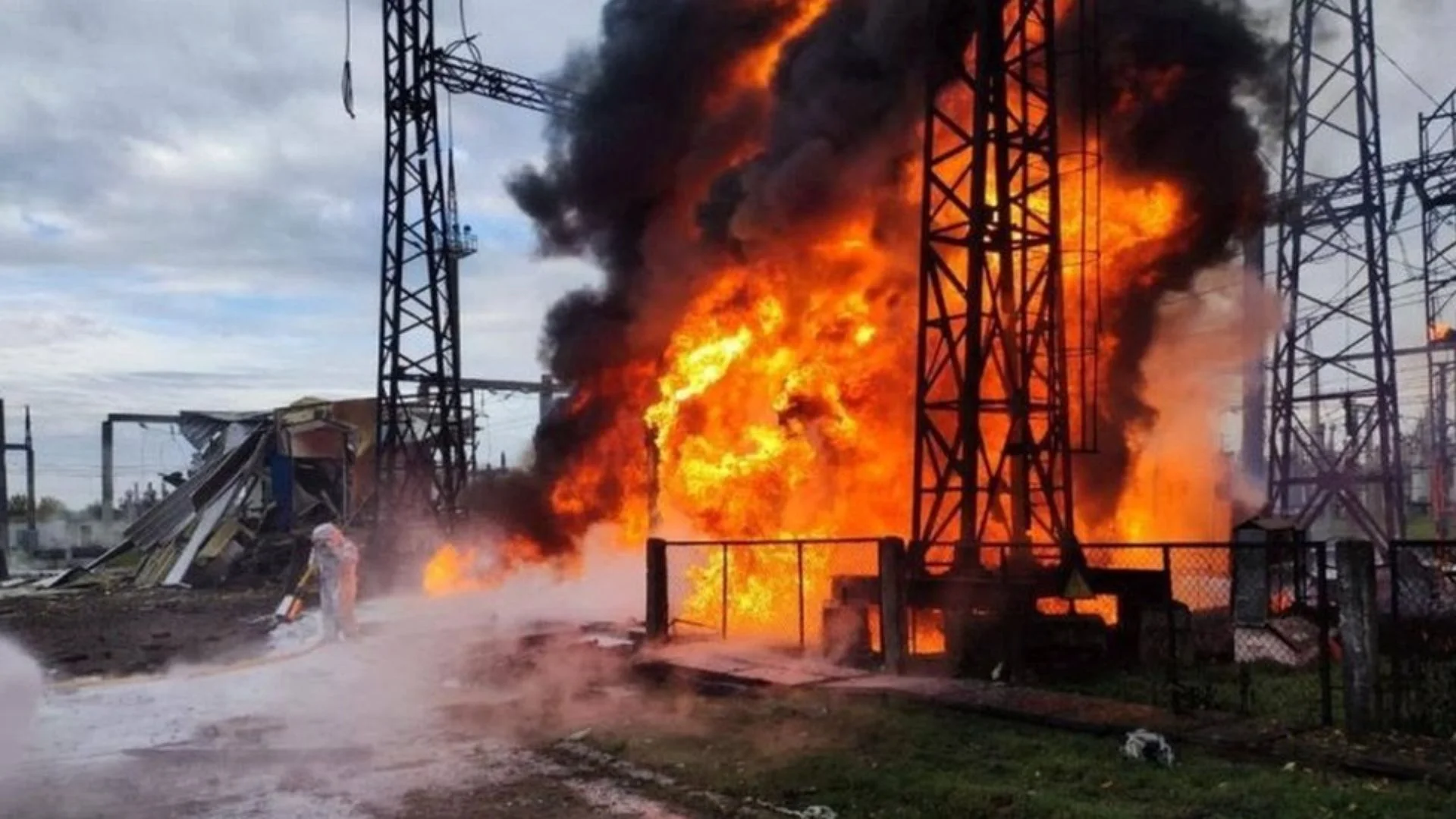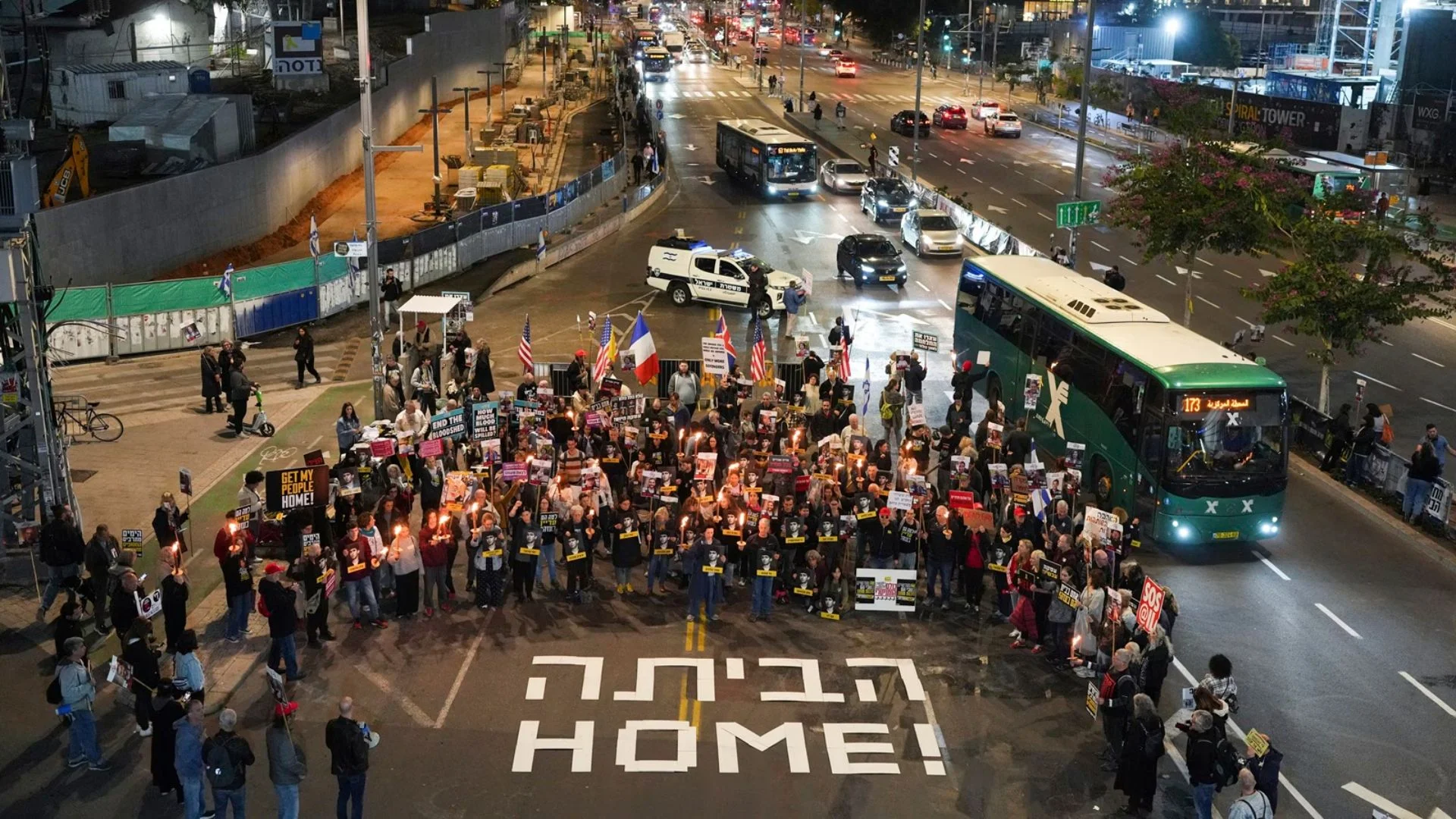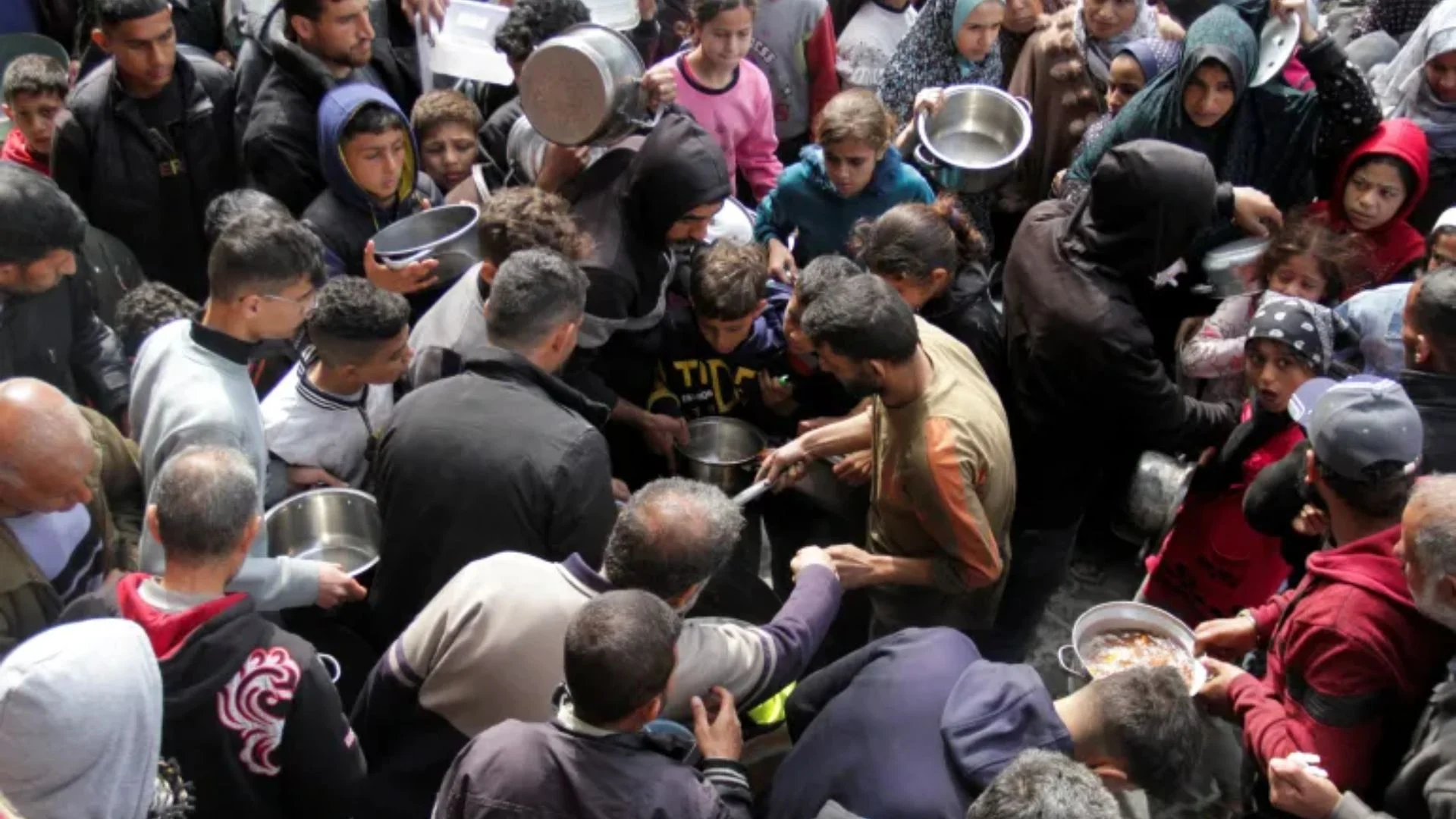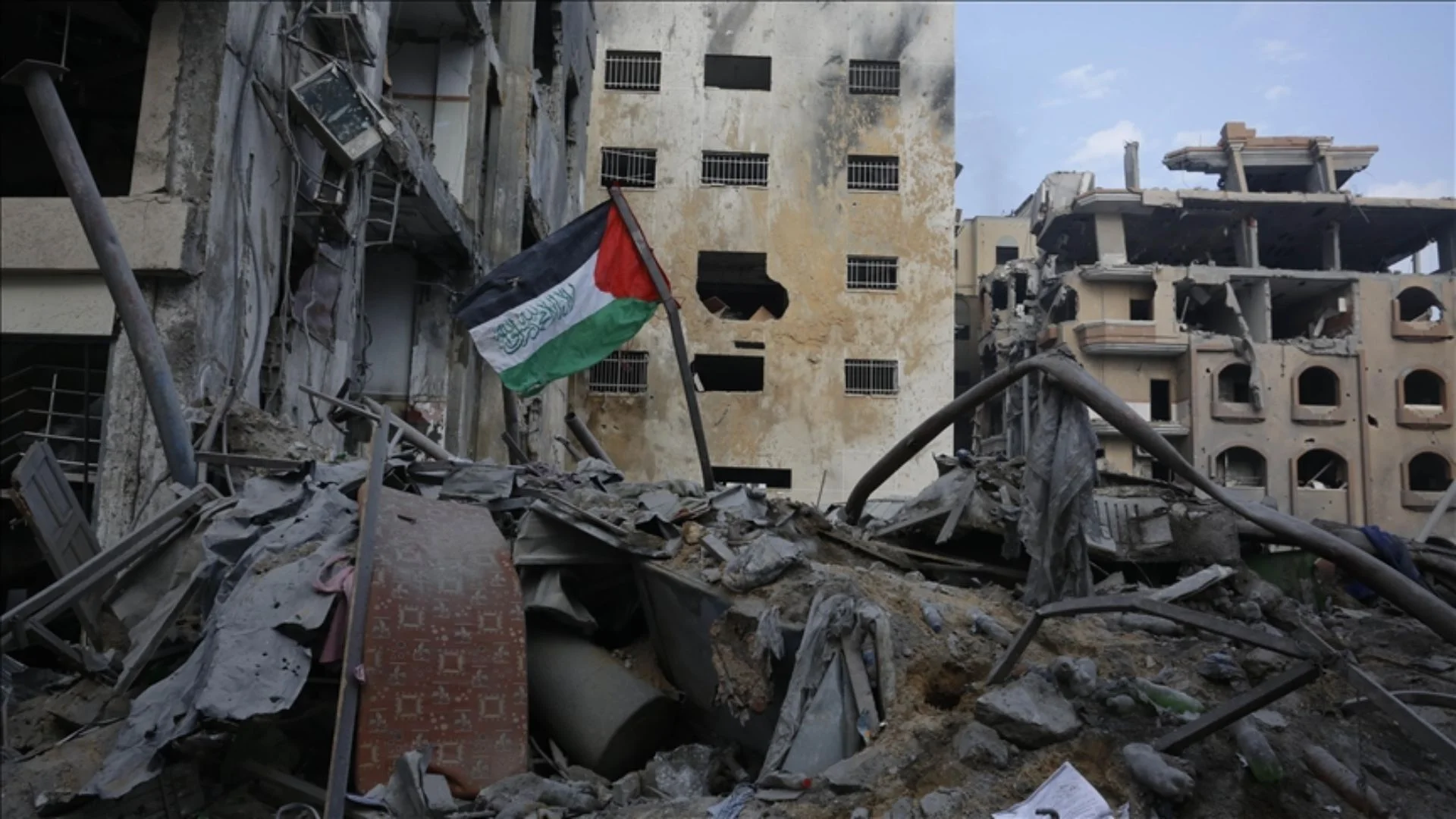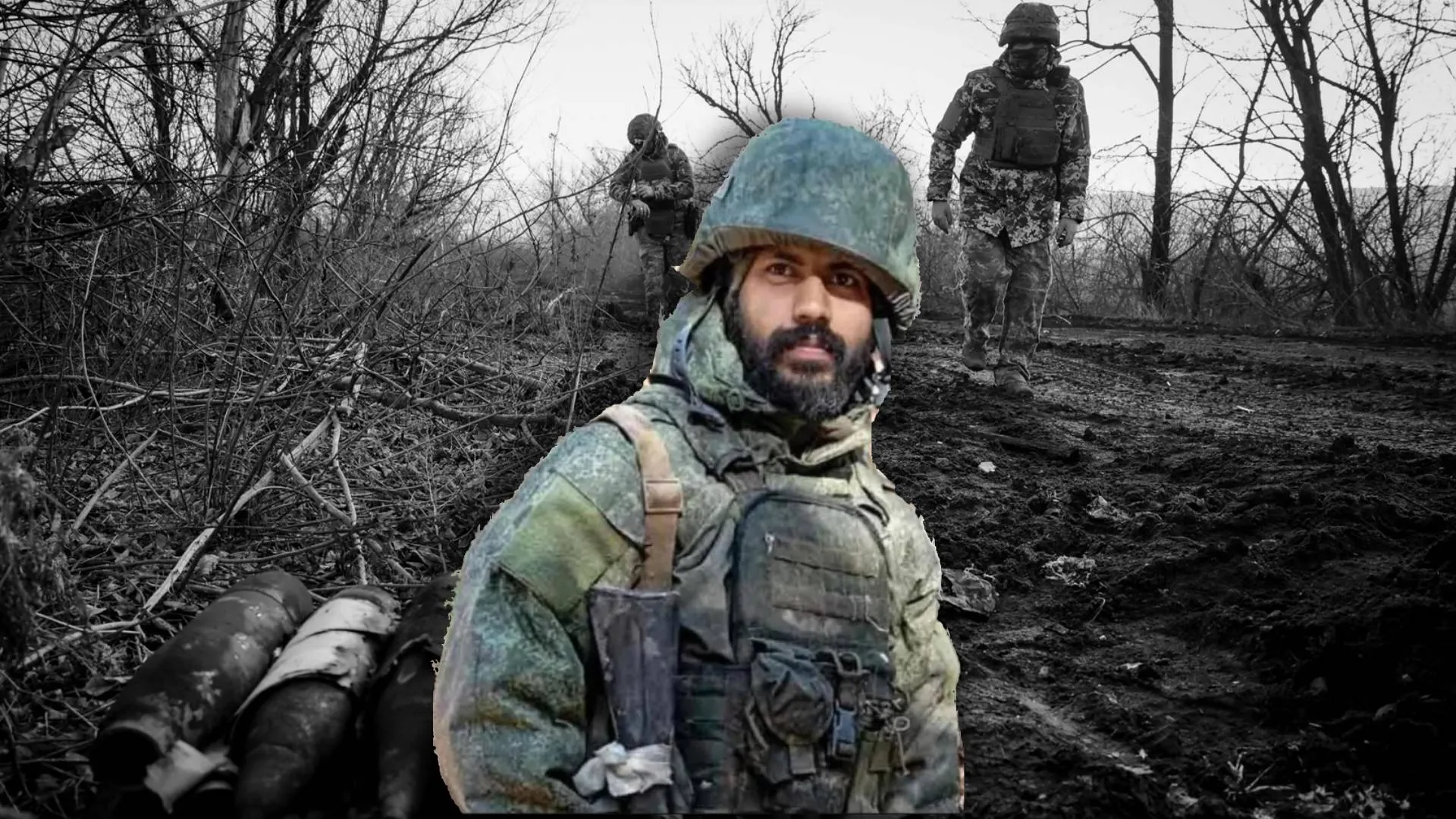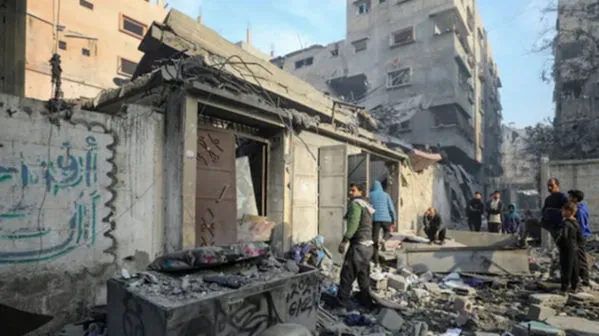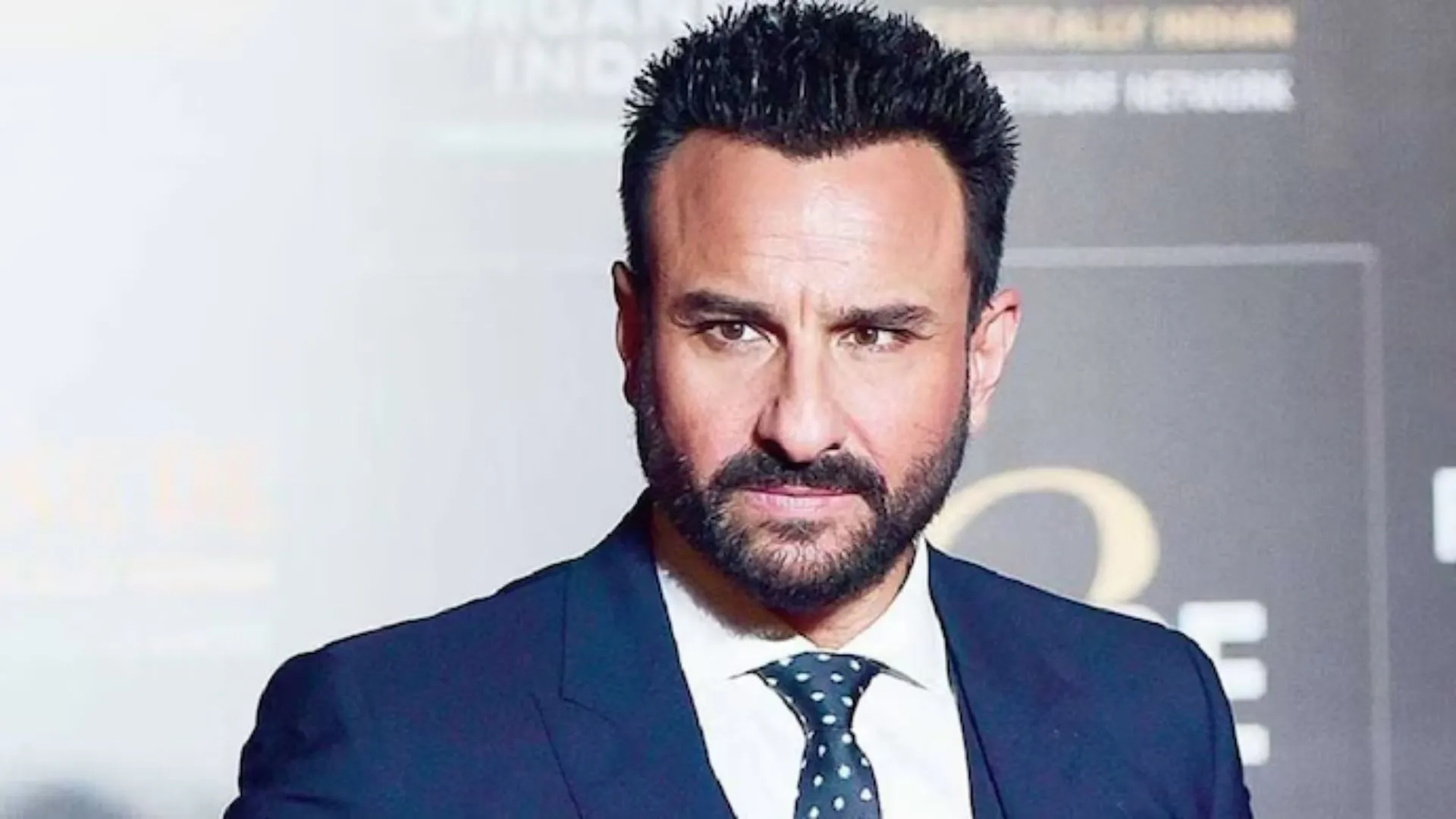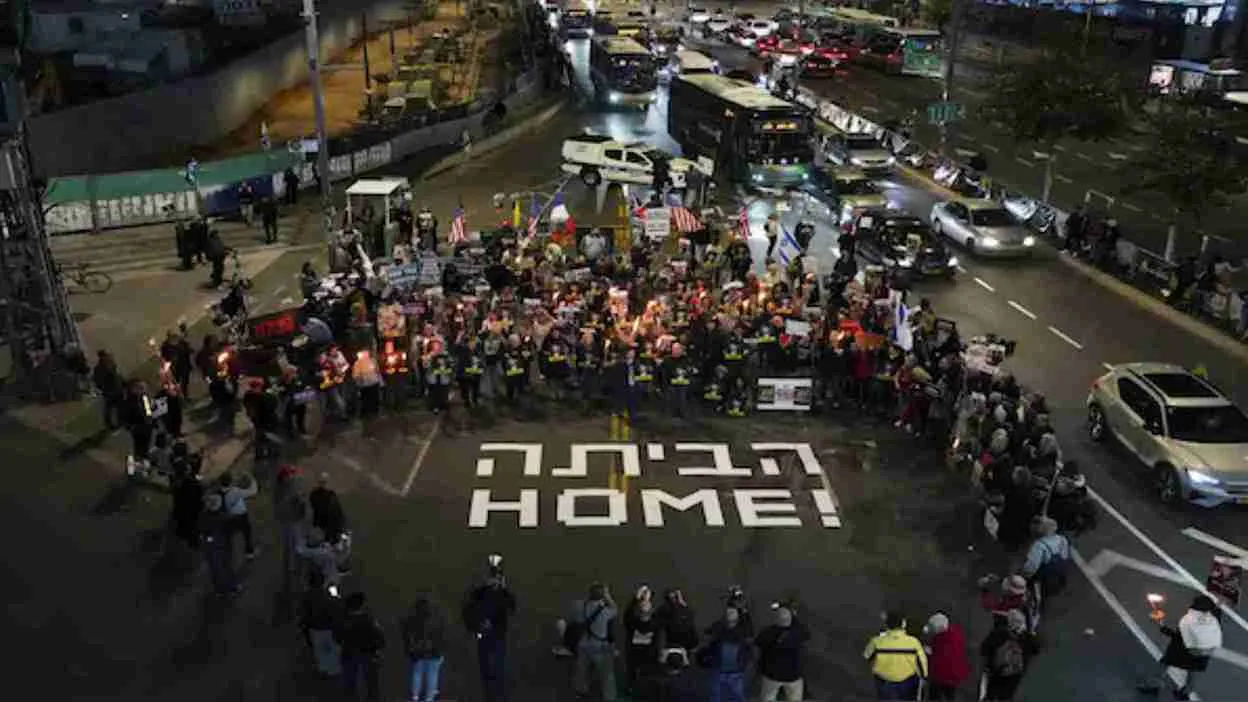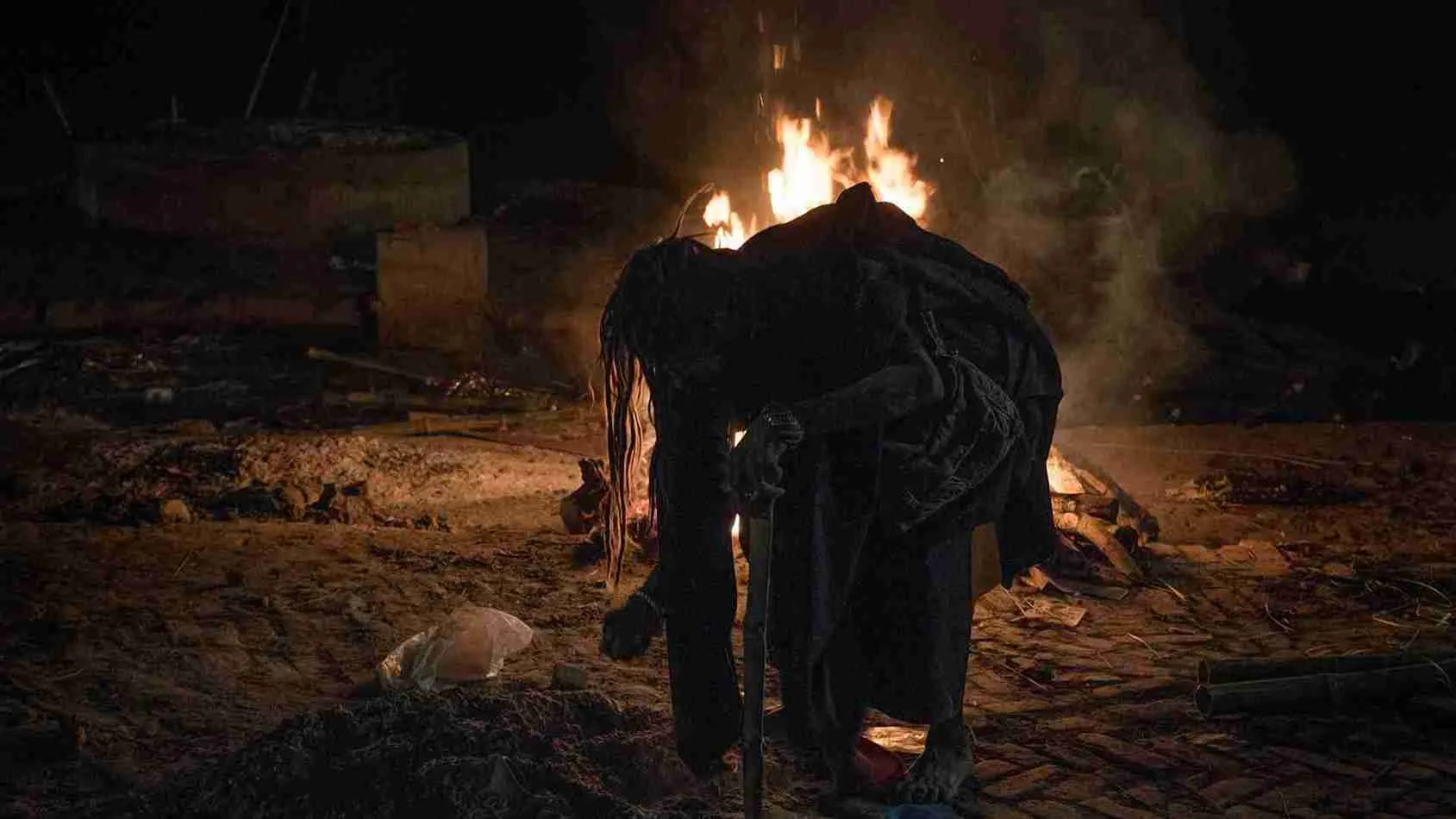A historic agreement on a ceasefire between Israel and Hamas has ignited a flood of reactions from world leaders as this marks an important step towards months of war finally coming to a halt and humanitarian aid pouring in to Gaza.
US President Joe Biden welcomed the agreement, saying that both a ceasefire and a hostage deal had been reached. Speaking from the White House, Biden said the deal is important for both Israel and the Palestinian people. “Fighting in Gaza will stop, and soon the hostages return home to their families,” Biden said, adding that the agreement lays the groundwork for a Palestinian state and broader regional normalization.
President-Elect Donald Trump too made his approval clear in the media. He went to the point of saying “we have a deal for the hostages in the Middle East,” assuring that it will continue not to let Gaza turn into a haven for terrorism. He made it clear further that his National Security team is dedicated to continuing collaboration with Israel and its allies on issues that promise long-term security.
United Nations Secretary-General Antonio Guterres welcomed the ceasefire and said that the UN is ready to help scale up humanitarian efforts in Gaza. “It is imperative that this ceasefire removes the significant security and political obstacles to delivering aid across Gaza,” Guterres stated.
Turkish Foreign Minister Hakan Fidan described the ceasefire deal as an important step for regional stability, noting that Turkey’s efforts for a two-state solution would continue. Qatar’s Prime Minister Sheikh Mohammed bin Abdulrahman Al Thani also called for calm in Gaza, emphasizing the importance of peace until January 19, when the ceasefire officially takes effect.
Egyptian President Abdel Fattah al-Sisi called attention to the dire need for an urgent delivery of humanitarian aid into Gaza. Meanwhile, International Committee of the Red Cross President Mirjana Spoljaric also called upon both parties to ensure that their priorities protect civilians, noting, “It’s not the end.”
The deal gained support from other European leaders, too. “This is what brings hope to an entire region, where people have endured such immense suffering for far too long,” European Commission President Ursula von der Leyen said in a statement on Tuesday. Von der Leyen stressed the importance of regarding this agreement as an intermediate milestone in the course to long-term stability.
United Arab Emirates Foreign Minister Sheikh Abdullah bin Zayed echoed the sentiments, calling for both Israel and Hamas to stand by the undertakings reached in the truce agreement, especially on issues of easing the suffering of Palestinian prisoners and Israeli hostages.
Qatari Emir Sheikh Tamim bin Hamad Al Thani said that the ceasefire should bring an end to the aggression and violence in Gaza and the Palestinian territories. Saudi Arabia’s Foreign Ministry also welcomed the ceasefire, thanking the mediators and urging all parties to fully adhere to the terms, particularly stressing the importance of addressing the root causes of the conflict.
In a post on X, Mohammed Abdulsalam, the spokesperson for Yemen’s Houthi movement, approved the strength of Gaza against the aggressive actions of Israel and castigated Israel for its continued occupation of Palestine. “With its continued occupation of Palestine, Israel represents a threat to the security and stability of the region,” Abdulsalam stated.
South Africa’s government welcomed the agreement, addressing the need for a just and lasting peace, its protection of the human rights of both Palestinians and Israelis. According to the statement, “South Africa calls for the implementation of a just and lasting peace that ensures the human rights of both Palestinians and Israelis are protected and promoted.”.
Belgium’s Prime Minister Alexander De Croo said he was relieved that the hostages were freed and that Belgium was prepared to help rebuild Gaza and contribute to regional peace. “Let’s hope this ceasefire will put an end to the fighting and mark the beginning of a sustained peace,” he said.
German Foreign Secretary Annalena Baerbock admitted that the hope brought by the ceasefire should be seized by all parties to put an end to the violence. “Everyone who bears responsibility should now ensure that this opportunity is seized,” Baerbock said.
UK Prime Minister Keir Starmer also welcomed the ceasefire while emphasizing the need for a surge in humanitarian aid to Gaza. “For the innocent Palestinians whose homes turned overnight into a war zone and for the many who have lost their lives, this ceasefire must provide for a huge increase in humanitarian aid,” Starmer said in a statement. “The ultimate aim should be to secure a permanently better future for both Israelis and Palestinians, founded on a two-state solution.”.
Norwegian Prime Minister Jonas Gahr Store emphasized the need to strengthen Palestinian institutions and obtain credible security guarantees for both parties. He added that any solution must be anchored in regional cooperation.
Spanish Prime Minister Pedro Sanchez welcomed the agreement with hope for a lasting resolution to the conflict. He called the ceasefire essential for addressing Gaza’s dire humanitarian crisis and a crucial step toward a two-state solution.
Italy’s Prime Minister Giorgia Meloni’s office also expressed support for the ceasefire, highlighting the need for increased humanitarian assistance in Gaza and reaffirming Italy’s commitment to contributing to the region’s stabilization and reconstruction.
With the ceasefire now officially in place, world leaders are optimistic that it will mark the beginning of a lasting peace process in the Middle East, providing a foundation for both Israeli and Palestinian people to live in security and harmony.

